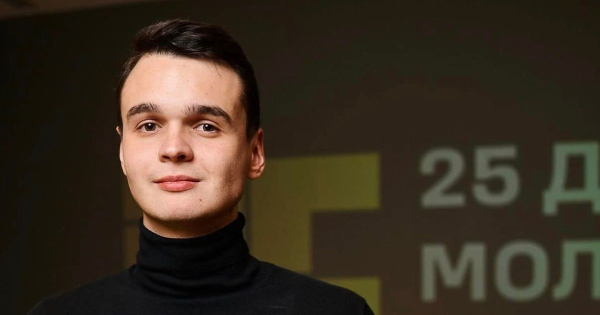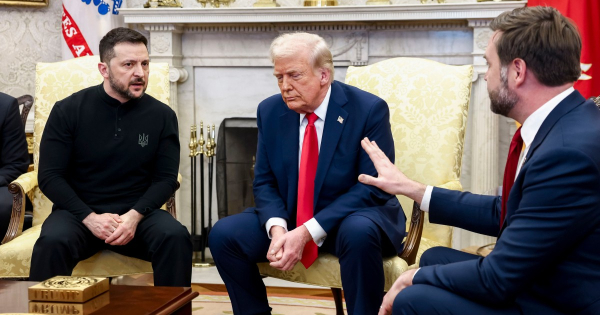
EU lawmakers agreed on Wednesday (13 September) to increase the size of the European Parliament by 15 seats, endorsing a proposal by EU countries while at the same time criticising their interference in the Parliament’s budgetary powers.
The new seat allocation – with 515 votes in favour – sees 15 more seats for the EU House, +2 for Spain, France, and the Netherlands, and +1 to Belgium, Denmark, Ireland, Latvia, Austria, Poland, Finland, Slovenia, and Slovakia.
The allocation is very different to the initial Parliament proposal.
Instead, Poland, France and Belgium managed to obtain additional seats in the negotiations, while ministers also scrapped a plan to allocate 28 seats to a transnational constituency, a decision described as a “political mistake” by the Parliament’s co-Rapporteur Sandro Gozi of the centrist Renew group.
“I think it is a useless provocation on the part of the Council,” Gozi said.
“I do regret…that while confirming our general approach, the Council did not consult the Parliament when it became clear that it intended to deviate from our proposal,” the file’s other co-rapporteur, EPP deputy Loránt Vincze, said before the vote.
“The principle of mutual sincere cooperation would have required that the European Council informed us about its intention not to follow our proposal,” he added.
Vincze said he regretted the most “that the European Council took the unfortunate decision to introduce a recital calling for the increase in seats to be budgetary neutral”, a move MEPs say oversteps their budgetary competences.
Before the vote, budget committee chair, Johan van Overtveldt (ECR), proposed including a statement “to make clear” in the final resolution that it is not up to the European Council to decide on budgetary matters.
Representing the EU countries, Spanish State Secretary for the European Union, Pascual Navarro, argued that the budgetary neutrality term “leaves sufficient room for manoeuvre for the budgetary authority to make adjustments for the overall budget contribution from Parliament to cover the requisite expenditure”.
He also reminded the Parliament that the final proposal is the result of a “complex balancing act” between all EU countries.
The last open issue remains the creation of a lasting and objective system to allocate seats, in order to circumvent the politicking between Parliament and Council over the division of seats in Parliament
“We must remember that the identification requires an objective and definitive solution and the committee is also working on a formula, which means that the distribution of seats is defined by a mathematical criteria which is objective and impartial,” Gozi said.
[Edited by Benjamin Fox/Zoran Radosavljevic]
Read more with EURACTIV

Von der Leyen’s lukewarm support for EU treaty change points to lost momentumEuropean Commission President Ursula von der Leyen gave lukewarm support for reform of the EU treaties during her State of the Union speech on Wednesday (13 September), in an indication that momentum for treaty reform has been lost.
Source: euractiv.com



